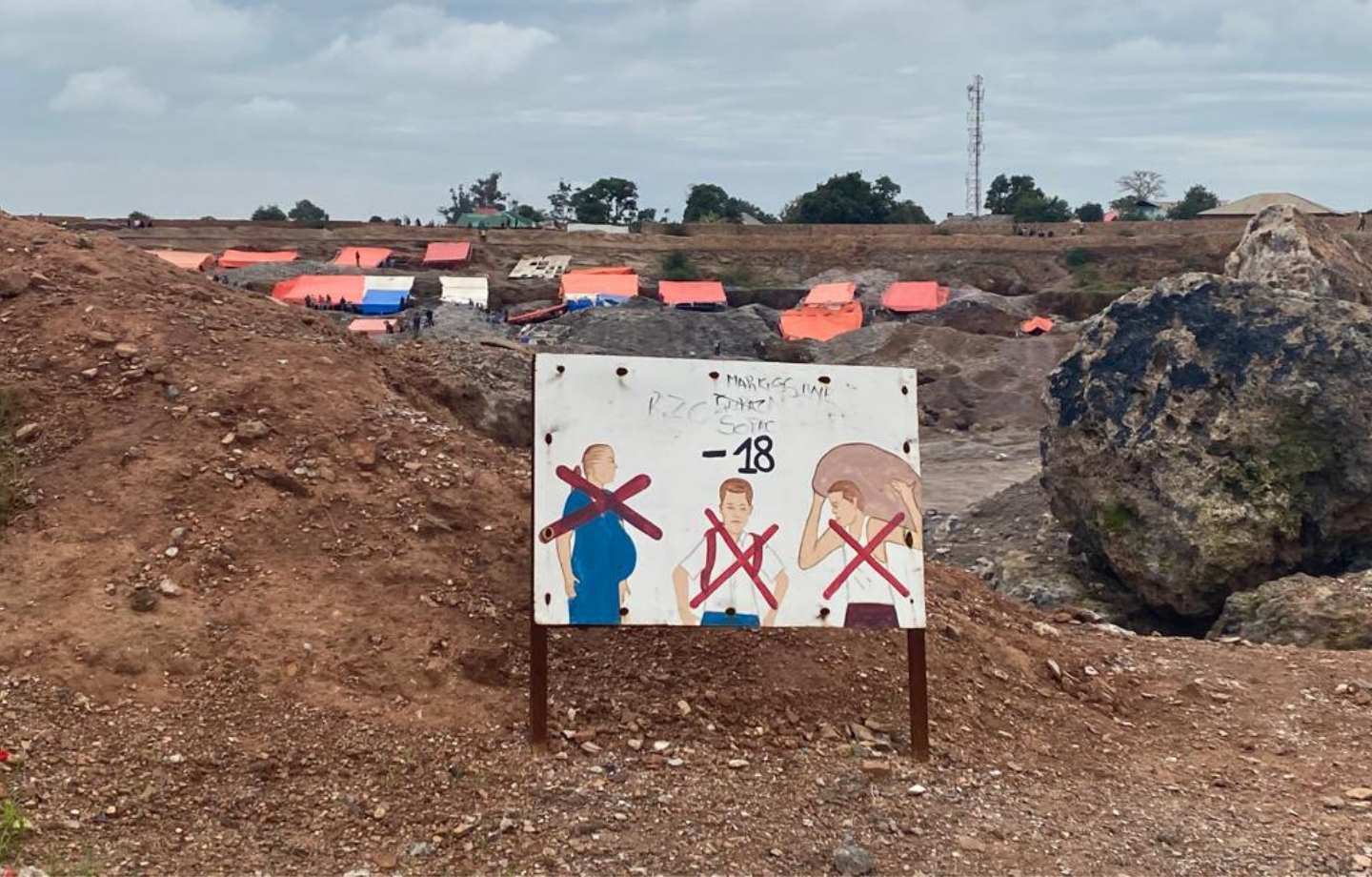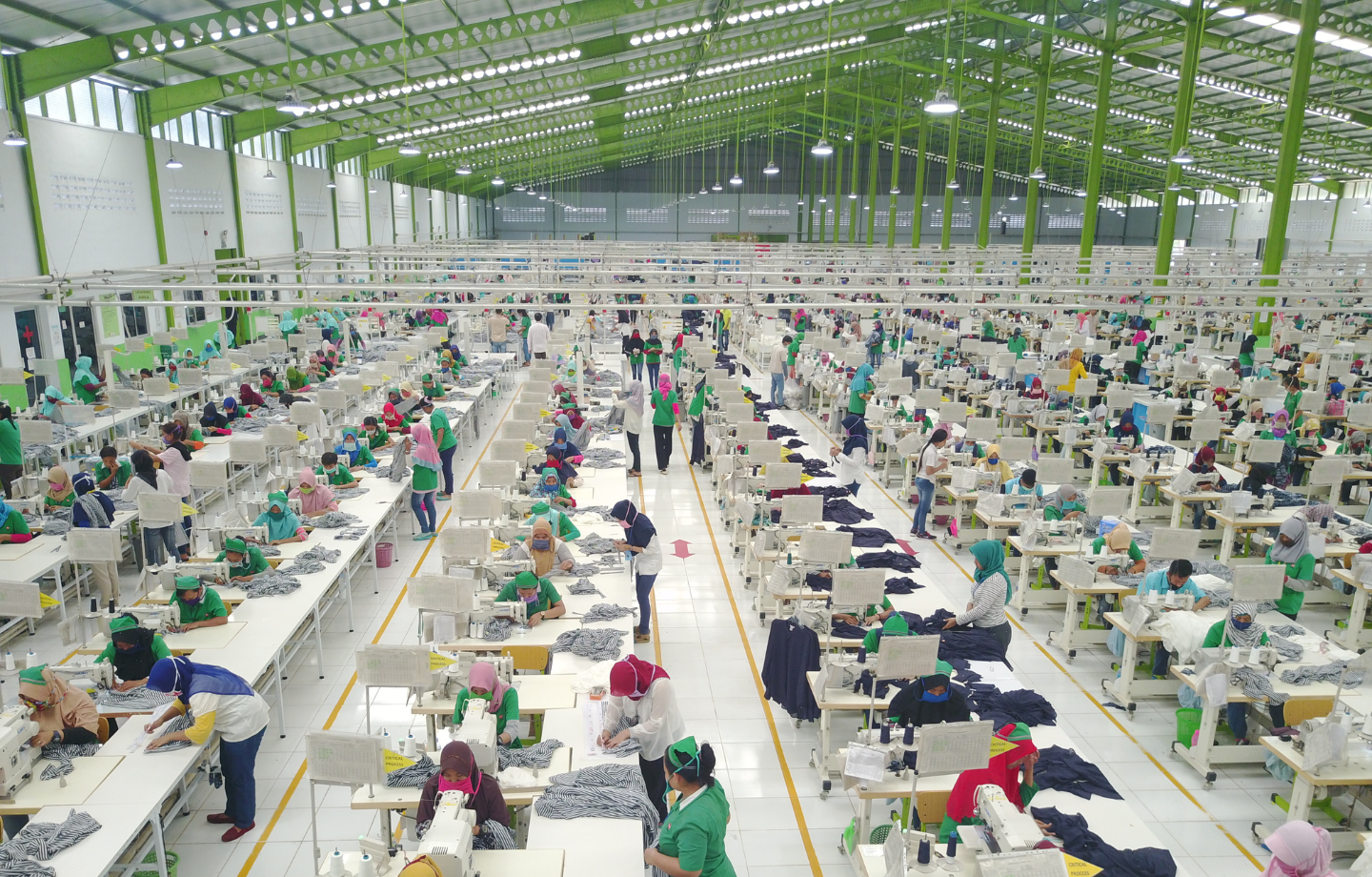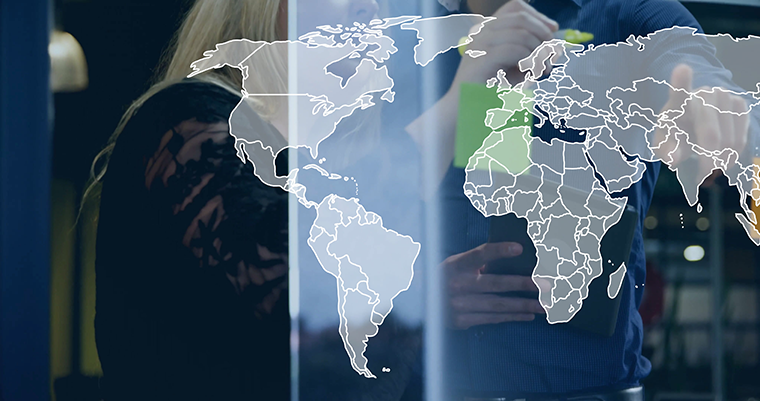To Make the Tour de France a Principled Championship, Improve Factory Conditions for the People Who Build the Bikes

July 8, 2024
The Tour de France, biking’s premier global competition, got underway at the end of June. Over three weeks, it tests 176 of the world’s greatest cyclists. The winner must navigate a series of daunting French mountain passes to reach the finish line, this year in Nice, to don the coveted yellow jersey.
The incredible athletes who compete is this race struggle to sustain a grueling training regime that enables them to perform at such a high level. Their challenges are widely reported and celebrated, as they should be. Largely ignored until recently have been the exploitative conditions facing the people who build the championship bicycles for manufacturers like Giant, Trek, and Scott.
An investigative report in December by the UK’s Telegraph focused on the poor labor practices of a Malaysian supplier of the Japanese company Shimano which manufactures gears, chains, and pedals for many high-end bicycle models. According to the Telegraph, “Workers at Shimano’s Malaysian supplier, Kwang Li Industry, say they have been subject to physical abuse and threats, unlawful salary deductions and recruitment fees, and unpaid suspension.”
Many workers in the Kwang Li factory are migrants from Nepal. To get these jobs, they must pay recruitment brokers in their home countries thousands of dollars, forcing the workers to take out loans at exorbitant interest rates. Most of what they earn in the first year goes to pay back these loans, making them, in effect, bonded laborers — a result prohibited by international labor standards. Sian Lea, the Business and Human Rights Manager at Anti-Slavery International, observes that the plight of these migrant laborers “bears all the hallmarks of how employers, and others, can exploit migrant workers and trap them in modern slavery.”
Most of the companies that manufacture championship-quality bikes still refuse to acknowledge their responsibility for addressing such abuses. Giant, the leading Taiwan-based bicycle manufacturing firm, has repeatedly stressed that it complies with Taiwanese law. The company recently told Le Monde Diplomatique: “It is understood that some migrant employees pay recruitment fees to home-country recruiters, but our company is not involved in the negotiation and collection of such fees.”
One encouraging exception is Shimano, the Japanese parts manufacturer. In late 2023, Shimano launched an investigation into the practices of its Malaysian supplier and now says that it is trying to remedy working conditions “as soon as possible,” focusing particularly on exploitative recruitment practices. The company told Le Monde Diplomatique: “The matters described in the allegations stand against what we believe in.”
Recruiting fees are routine business costs, which should be covered by the companies that are the beneficiaries. People living in poor countries, desperate for work, are often willing to absorb these costs, but it is not fair to require them to do so.
The plight of bicycle workers in Malaysia mirrors that of South Asian construction workers who built stadiums, hotels, and highways for the 2022 World Cup in Qatar. Global sporting events like the World Cup and Tour de France have become money machines, attracting global audiences and generating massive advertising revenues. It’s high time for the high priests of these global sporting juggernauts to accept greater responsibility for ensuring the wellbeing of the thousands of low-wage workers whose efforts are essential to the success of their closely followed competitions.
 Global Labor
Global Labor Safeguarding Outsourced Labor
Safeguarding Outsourced Labor


